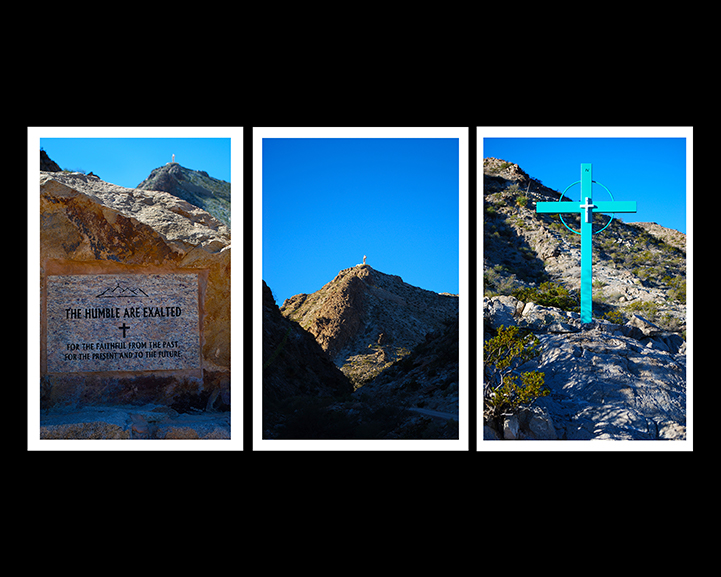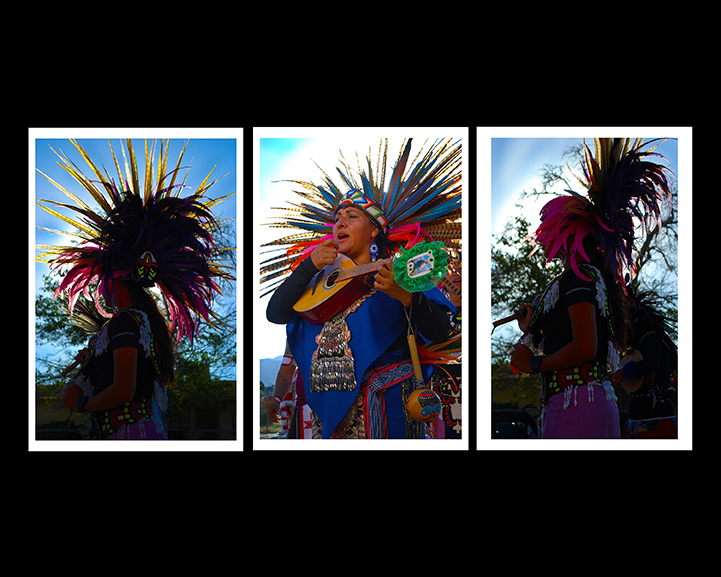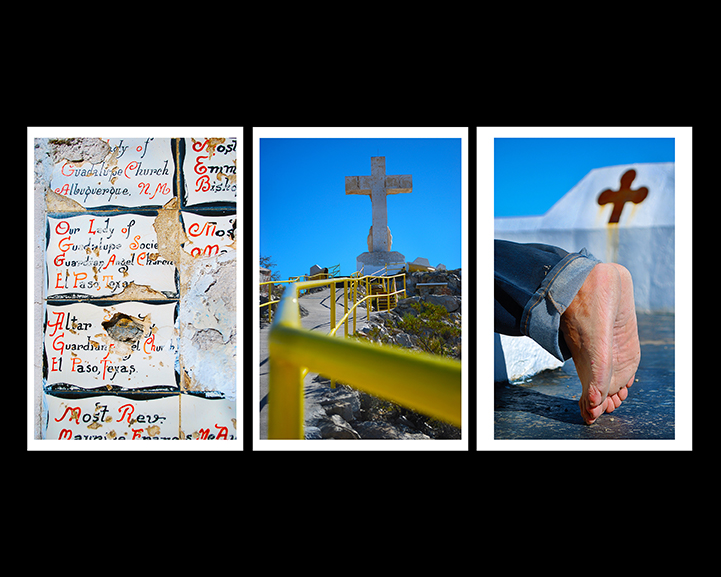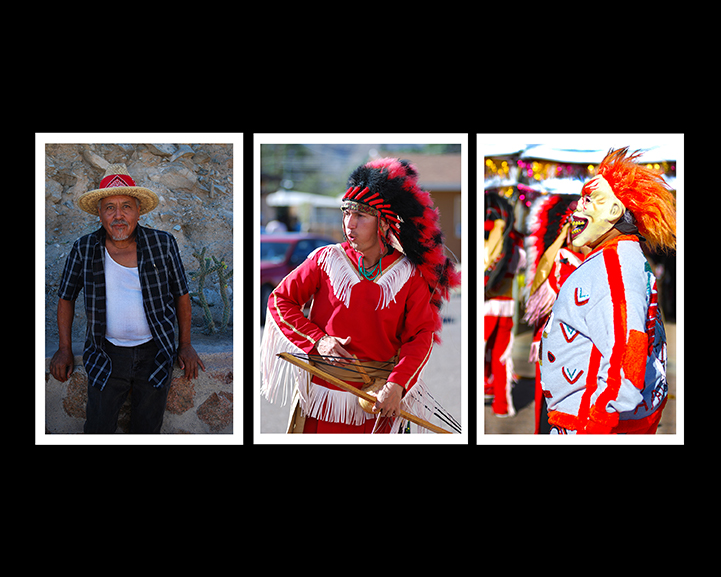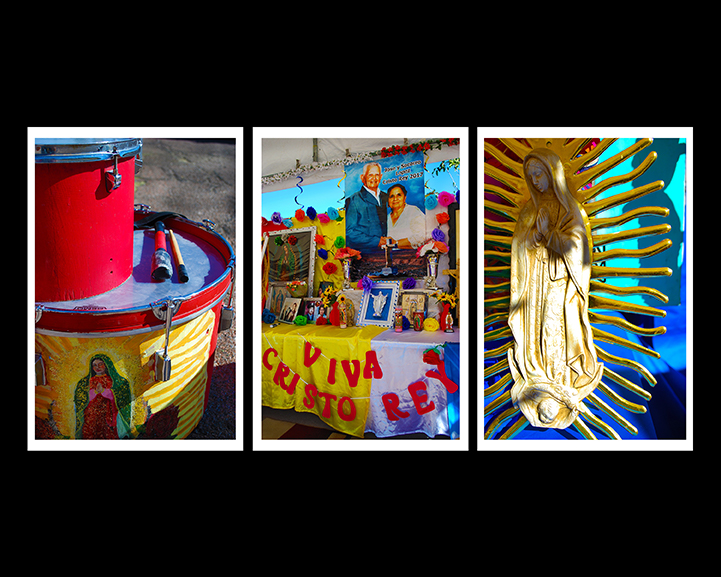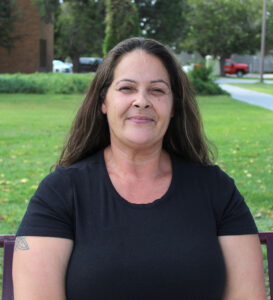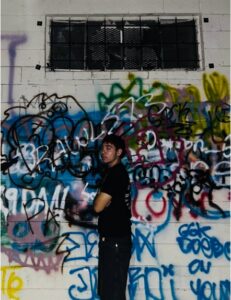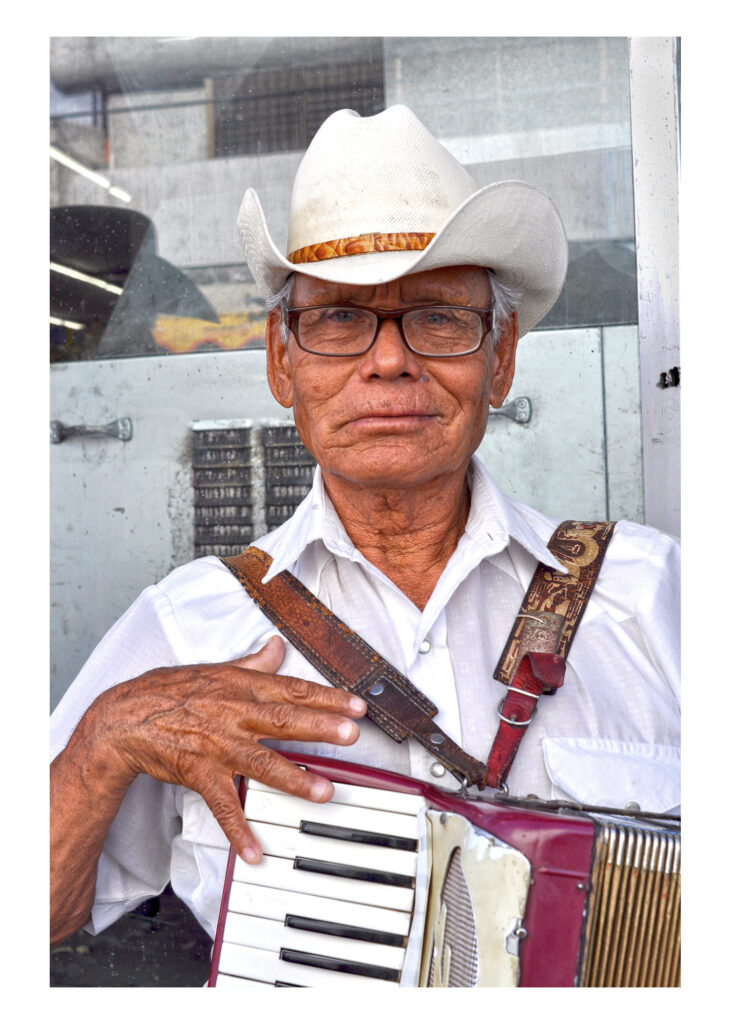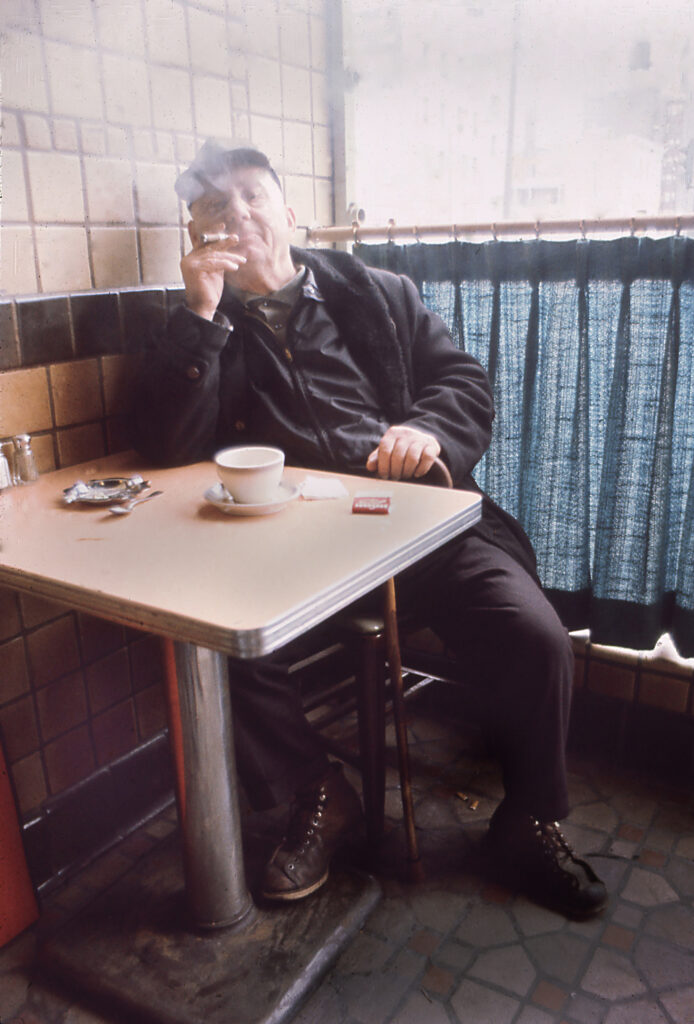CRISTO REY TRADITION
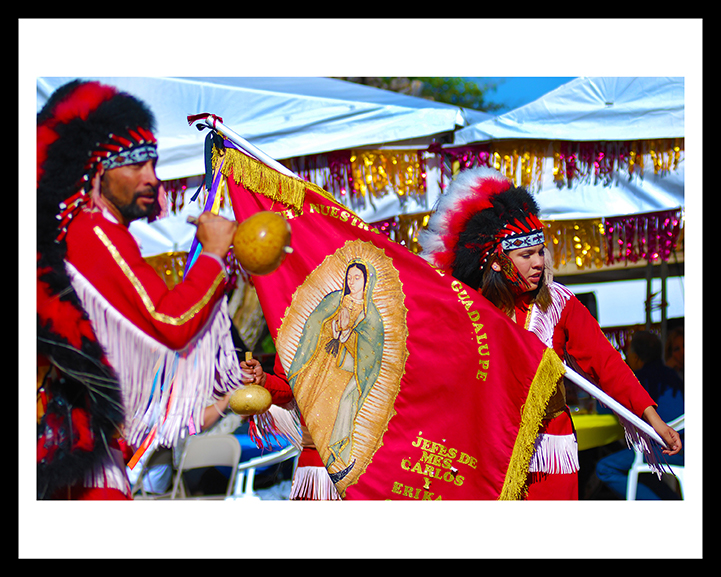
Photo By Marlenn Barraza
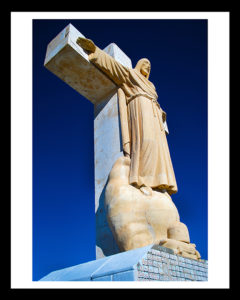
Every year families have this family tradition to faithfully make their way up the five-mile hike to Mountain Cristo Rey either by walking barefoot or, very few, on their knees.
Located in Sunland Park, New Mexico, a 29 feet tall limestone statue of Christ stands atop the Sierra de Cristo Rey, formerly known as the Cerro de los Muleros (Mule Drivers Mountain). It serves as a shrine to thousands of faithful in the El Paso and Southern New Mexico Area.
This monument to Christ, dedicated in 1940, was the vision of Fr. Lourdes Costa, a local parish priest. In 1933, after looking out the back window of his residence in the community of Smeltertown, Costa envisioned a monument at the summit of the mountain.
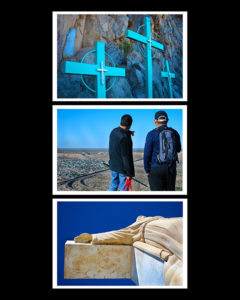
The annual pilgrimage is held on the last Sunday of October each year and hundreds of people come and celebrate the anniversary of the completion of the monument and the Christian feast of the Christ the King (Cristo Rey) as well as a mass conducted at the top of the mountain as the monument oversees the gathering.
Many families continue the tradition that their ancestors left by putting together a big party dedicated to Cristo Rey. An altar is created with images of Saints and family members that have passed away to celebrate their life alongside Cristo Rey. Matachines, a traditional religious dance where dancers and musicians who participate in a dance and act out the battle between Christianity and paganism, help in the celebration with their garnished clothing and spirit.
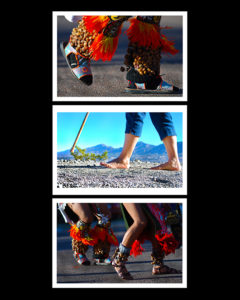
To join the festivity, plenty of food, that seems to never end, accompanies the celebration for anybody and everybody that decides to join and celebrate the party.
This piece is an attempt to capture what the celebration, the altar, and matachines is about. As well as what is Cristo Rey the monument and annual tradition. Also shown in this piece is the walk up the mountain not only in the sense of the scenery, although beautiful, but in in the sense that there’s more than just a hike up to see a monument.
As for the party, it is important to capture the celebration and the special moments that make it not only a tradition but what a family continues to do year after year and to never finish what their ancestors started.
Including the events and the post production, this was about a three-week project to finish. Color in this project is important as it shows the vibrant and movement of this celebration.
